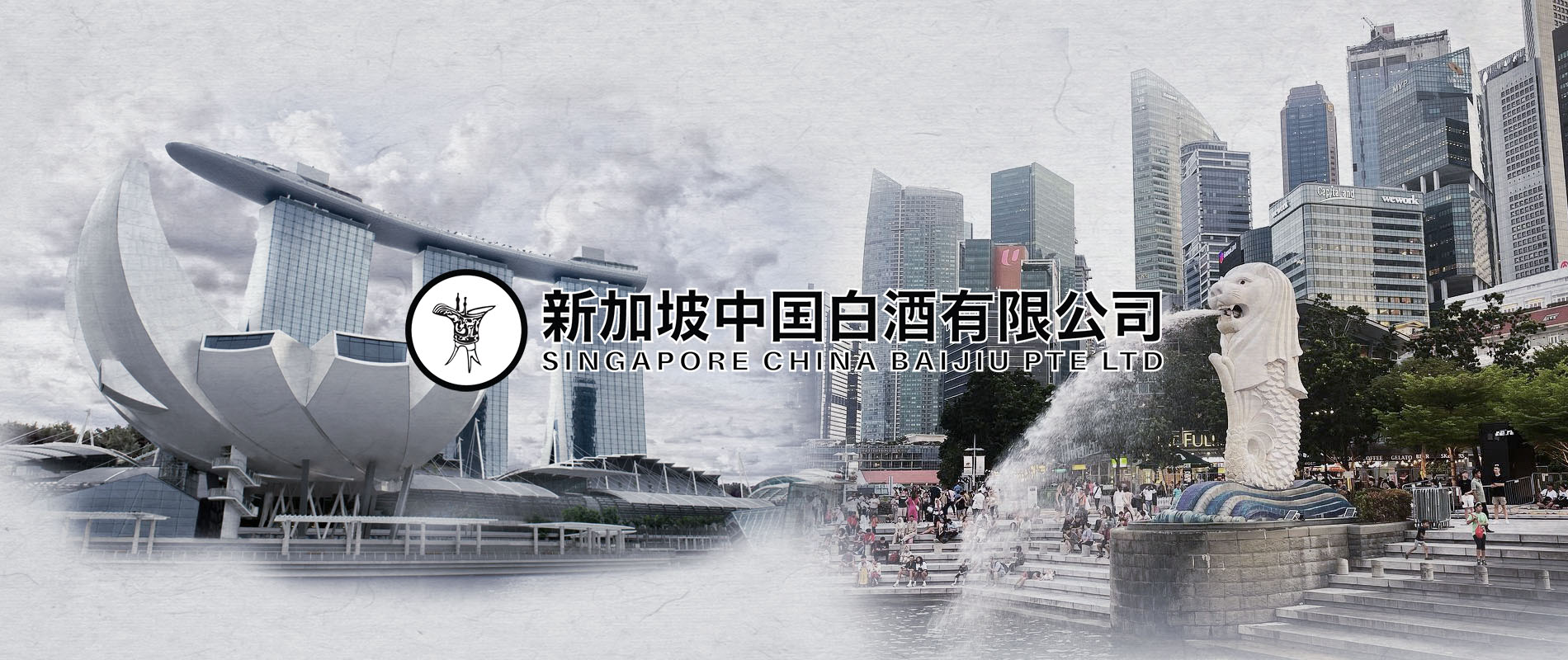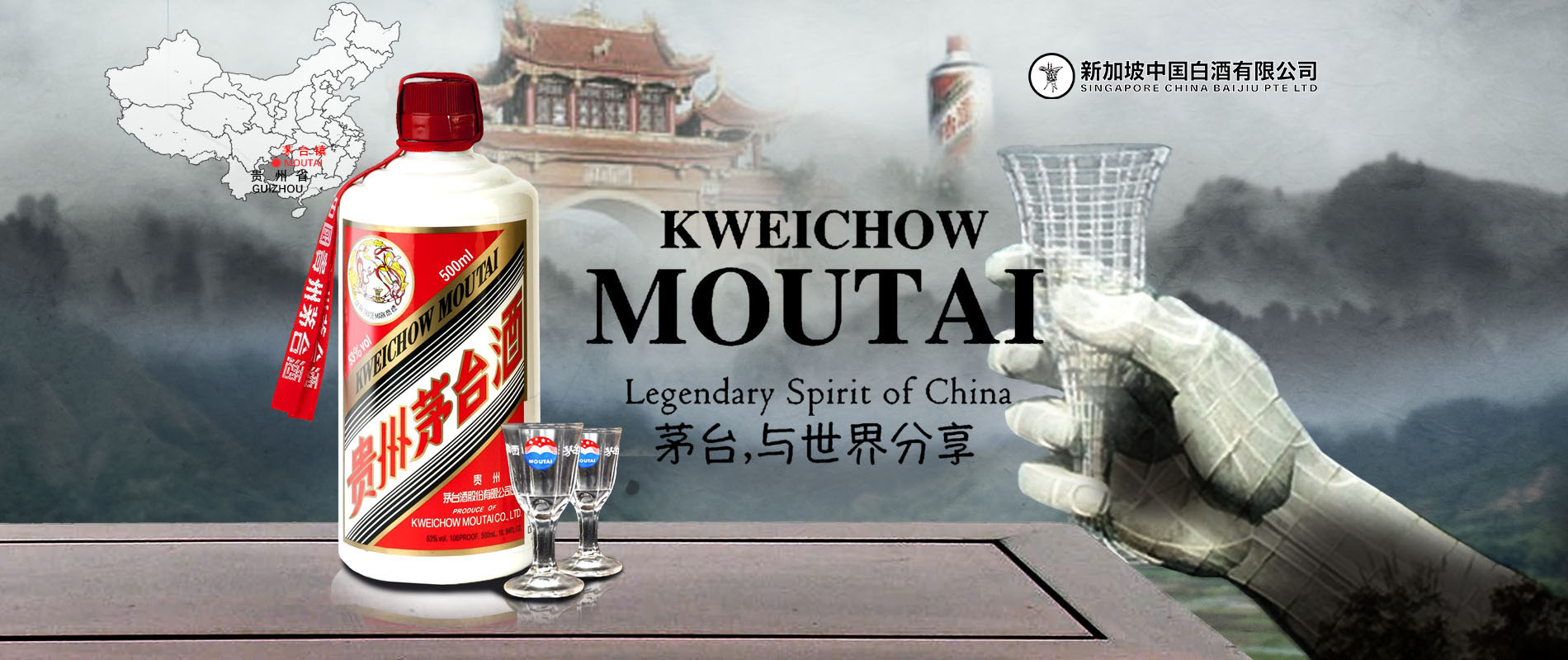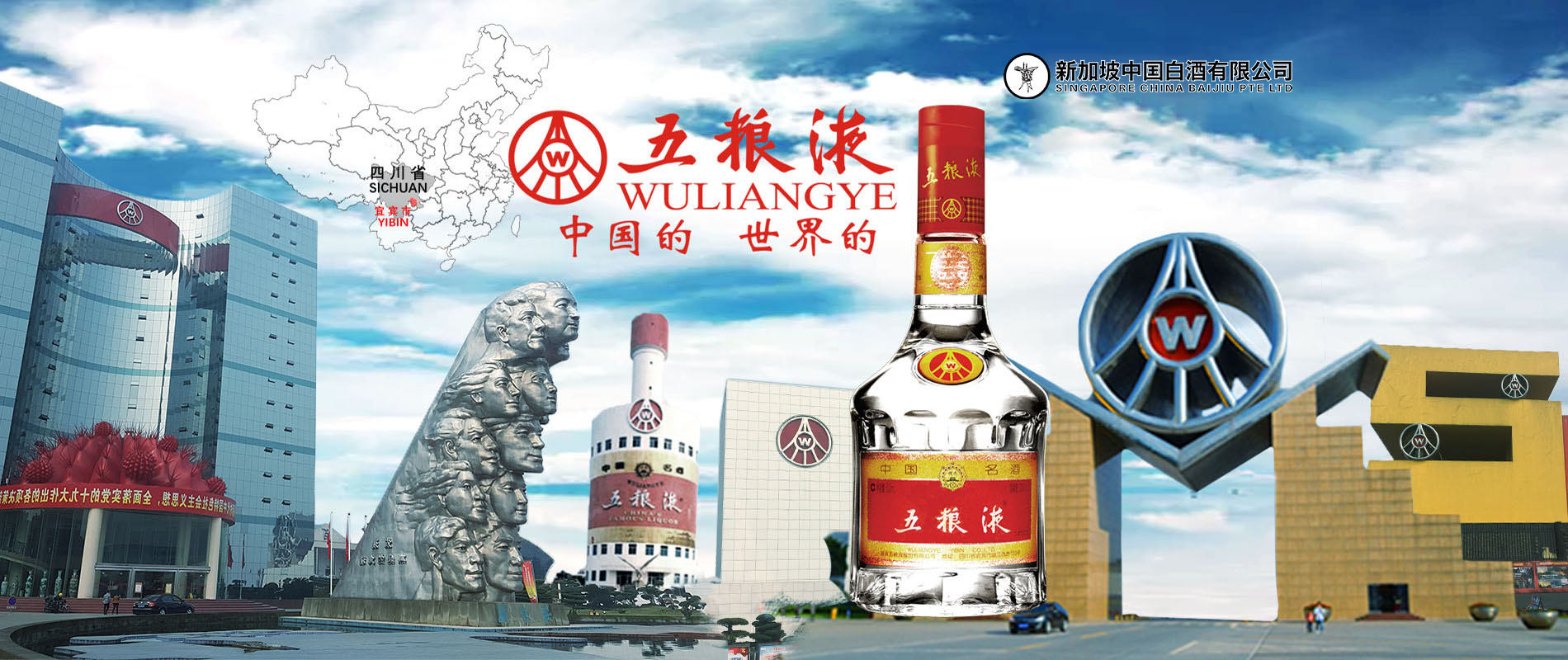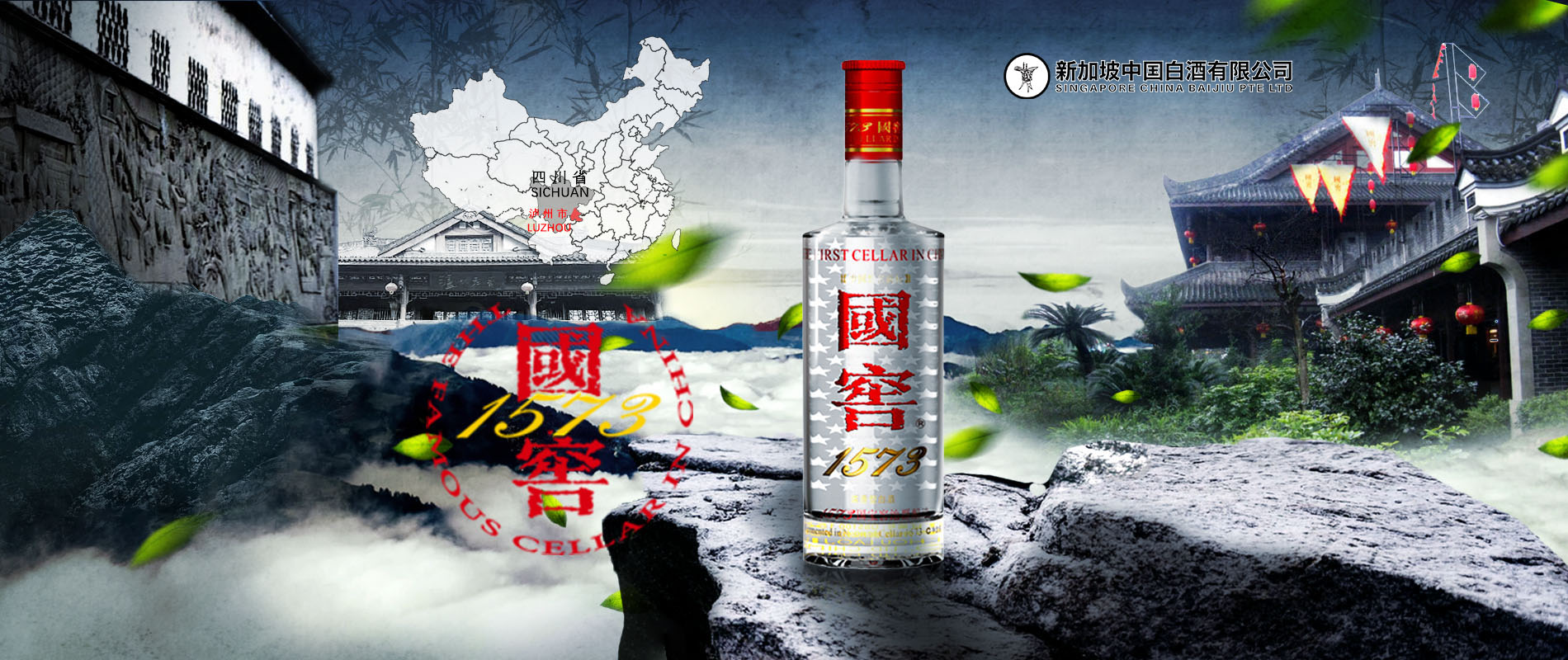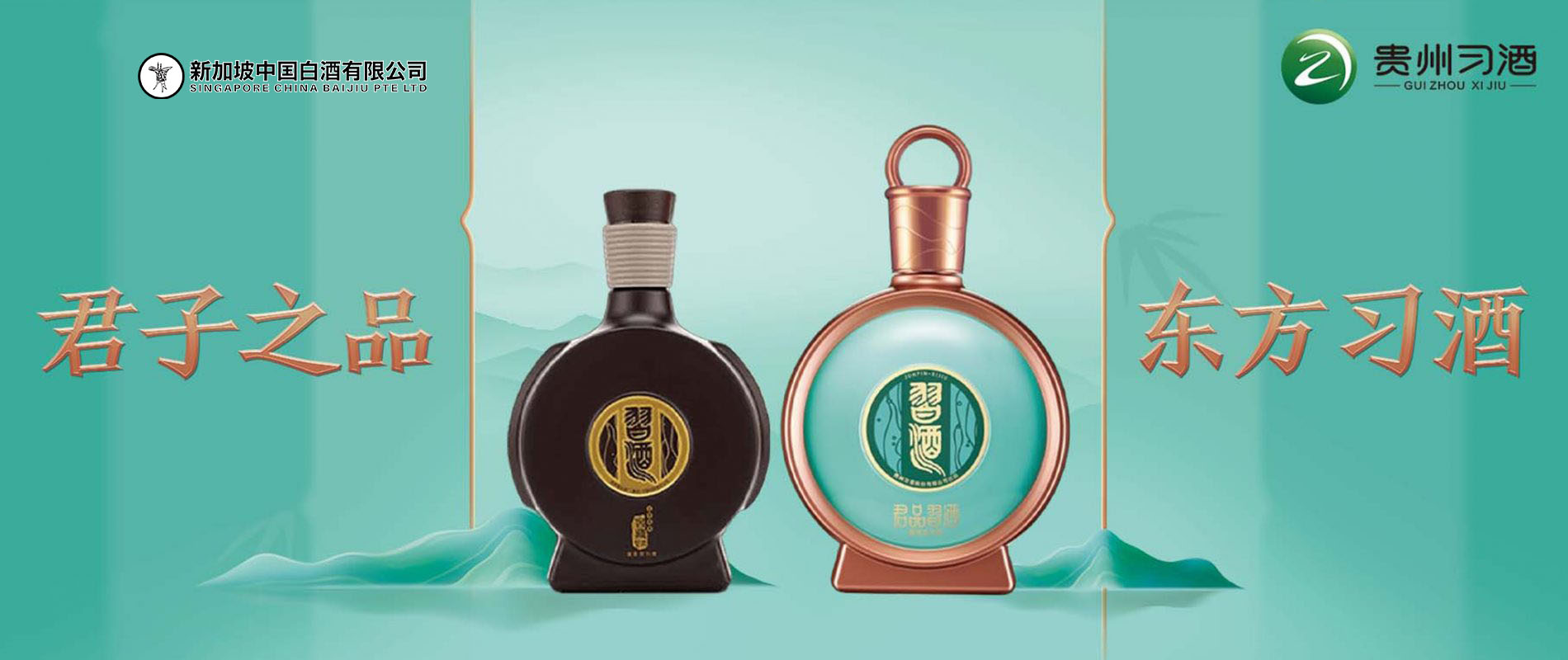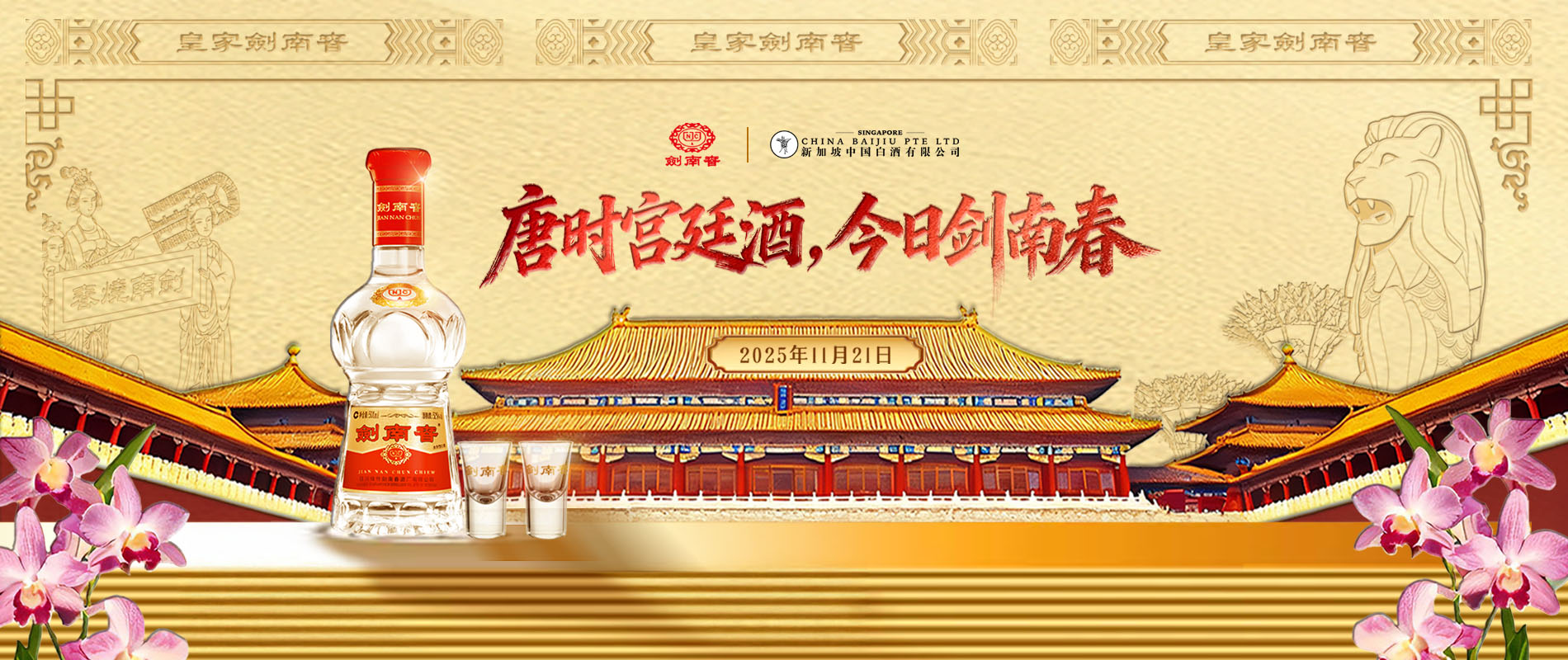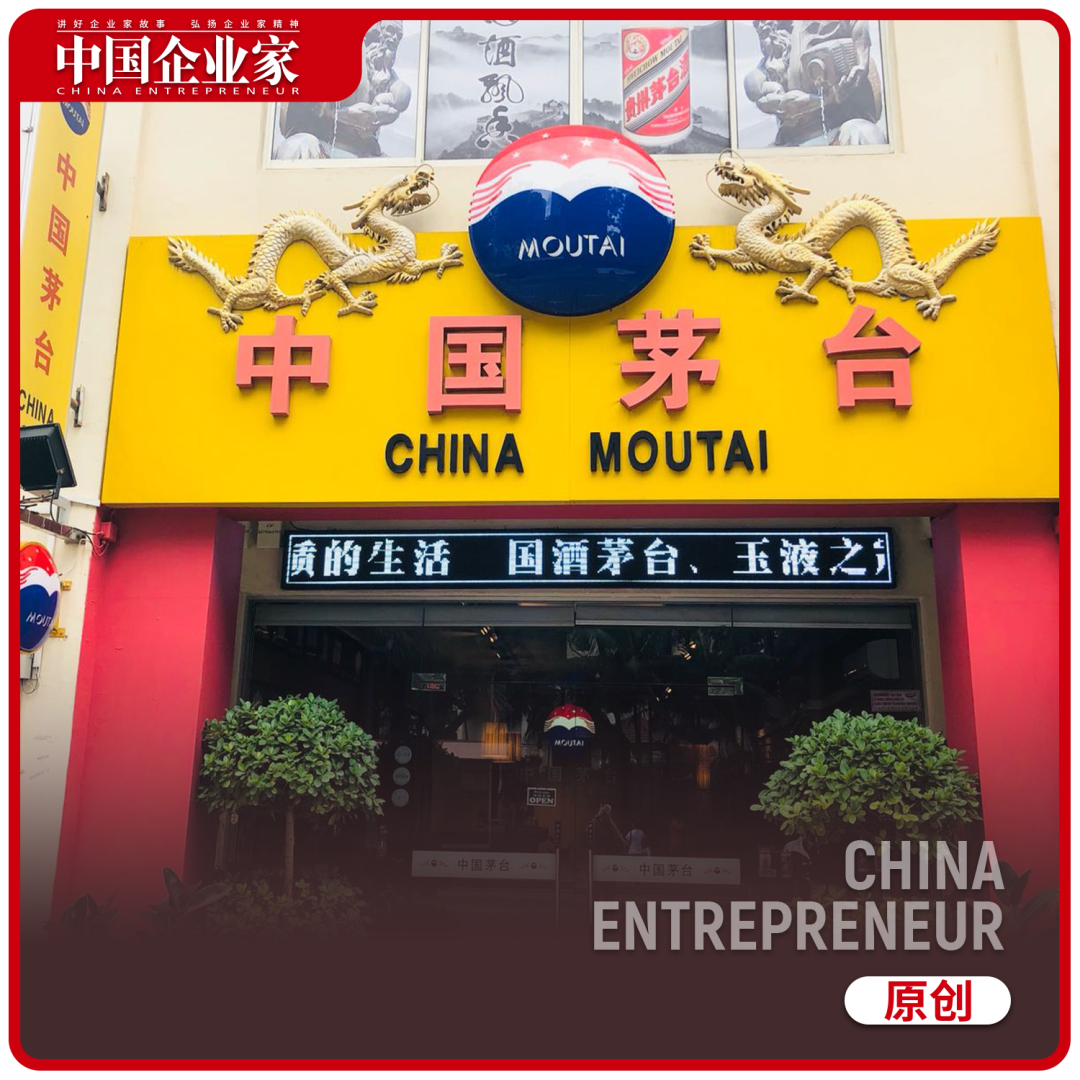
On February 1st, Ding Xiongjun, the Chairman of Moutai Group, accompanied by a group of executives, visited Lang Liquor Group and met with its Chairman, Wang Junlin. Also present were Zhang Deqin, the Chairman of Xi Liquor Group, and his team of executives.
The gathering of the leaders of the three major Chinese soy sauce liquor companies, Moutai, Xi Liquor, and Lang Liquor, before the Spring Festival, has attracted widespread attention within the industry. Although it was a traditional meeting in line with previous Spring Festival customs, every move made by these three liquor companies, all located within a 50-kilometer radius along the Chishui River in Guizhou, carries significant weight. Together, they generate a revenue of over 200 billion yuan, covering more than 90% of the total domestic soy sauce liquor production.
What did these three liquor industry giants discuss during their meeting?
The day before the gathering, Moutai announced its performance for 2023: an annual operating income of 164.48 billion yuan, a year-on-year increase of 20.5%; and a total profit of 108.35 billion yuan, a year-on-year increase of 18.8%.
These were impressive figures. Following the release of the financial report, Ding Xiongjun’s mood as he headed to Lang Liquor’s gathering should have been pleasant.
During the meeting, Ding Xiongjun, Wang Junlin, and Zhang Deqin all mentioned a key term: “internationalization.” In their commitment to collectively explore overseas markets for soy sauce liquor and step onto the international stage, the three “brothers” of soy sauce liquor reached a consensus.
In fact, despite Chinese liquor’s decades-long foray into international markets, the achievements have been deemed insignificant by outsiders.
Looking at the data from listed liquor companies in 2022, only Moutai has notable overseas business operations. Apart from Wuliangye and Luzhou Laojiao, most other listed liquor companies have yet to exceed a billion yuan in overseas revenue.
With the new year upon us, the focus for soy sauce liquor is on Moutai’s overseas initiatives.
In fact, Ding Xiongjun has already taken action.
Recently, news about Moutai’s plan to open up some overseas distribution rights has caused a stir in the market. This is because, currently in China, obtaining Moutai distribution rights is as difficult as ascending to the heavens, while overseas distribution rights might present a new opportunity. After all, in the eyes of outsiders, overseas distributors hold the resources for exporting Feitian Moutai.
According to the third-quarter report of 2023, Moutai currently has 106 distributors overseas, which is about 1/20 of the number of domestic distributors.
However, subsequently, insiders revealed that Moutai did not open up overseas distribution rights to the general public but only to some domestic Moutai distributors with overseas resources, allowing them to submit intentions to open Moutai specialty stores overseas.
Why limit it to internal distributors and not open it to the public?
Regarding this, Xiao Zhuqing, Chairman of Wuhan Jingkui Technology Co., Ltd., pointed out that Moutai’s business wisdom includes a vital element called “starvation marketing.” Currently, overseas agents are not increasing in number, nor are there more signatories. Because the quota is extremely limited, existing domestic and overseas Moutai agents treasure their positions. Moutai utilizes the loyalty of its existing agents to ensure the credibility of its export business.
Therefore, the current approach of Moutai is to encourage domestic distributors to expand into international markets rather than opening up to social forces to operate in the international market. Moutai Group has entrusted Ogilvy International Advertising Company to formulate an international brand communication strategy.
In response to this, a source close to Moutai informed “Chinese Entrepreneur” magazine that Moutai will adopt a “tailored approach for each country” in its future international expansion, and relevant strategies are currently being developed.
Nevertheless, there are still concerns from the outside world. Can Moutai establish itself in the overseas market solely relying on its existing internal forces? Currently, there is a “stereotype” about Chinese liquor going overseas – it’s difficult for Chinese liquor to succeed abroad. So, how will Ding Xiongjun, at the age of 50, tackle this tough challenge?
“Voyage to the Sea”
Yun Weilong, a Moutai distributor in Singapore, has been operating a Moutai specialty store since 2006. He told “Chinese Entrepreneur” magazine that in the early 1990s, Moutai had already entered the Singapore market, but back then, there were not many consumers who were aware of and purchased Moutai liquor. As trade and personnel exchanges between China and Singapore became more frequent, scenes of people drinking Moutai started appearing in the Singapore market.
He stated that over the past 20 years, Moutai liquor in Singapore has transformed from being overlooked to now being in short supply, which has been a challenging growth process. Through continuous local promotion in Singapore, Moutai liquor is now well-known among local consumers. “In addition to customers in the catering industry, more are from Chinese and local companies,” Yun Weilong said.
A Moutai distributor in Vietnam also told “Chinese Entrepreneur” magazine that their core consumer group mostly consists of local Chinese, joint venture companies, and local middle-to-high-income individuals.
In the local market, Feitian Moutai is the bestseller. On one hand, Feitian is their key target for promotion and marketing; on the other hand, due to Vietnam’s proximity to China and the close economic and trade relations between China and Vietnam, most high-end business white liquors used are Feitian Moutai, influenced by the Chinese atmosphere.
However, the market is gradually changing.
Yun Weilong said that five years ago, when local people heard “Chinese liquor,” they thought of cooking rice wine or sorghum liquor used in the kitchen. Now, when young locals are told about white liquor, they proudly boast of knowing Moutai liquor.
In 2017, judging from the purchasing clients of Moutai, he found that about 70% were new Chinese immigrants or Chinese guests, and about 30% were local Chinese, Indians, Eurasians, and others. From the purchasing records of the past two years, he found that Chinese customers accounted for about 40%, while the remaining 60% were mostly local Chinese companies and individuals, with a small number of Indian customers and some non-Chinese and Indian customers engaged in the bar business.
For the scarce Feitian Moutai liquor in China, in addition to breaking into the Chinese community and facing localization challenges, another difficulty lies in price arbitrage, as the Moutai liquor sold abroad may “flow back” into China.
In the first half of 2023, a woman was caught by customs trying to smuggle 14 bottles of Moutai liquor into the country, leading netizens to jokingly call it “Fei Moutai legs.” It has been reported that cases of smuggling Moutai liquor into the country have occurred frequently in recent years.
